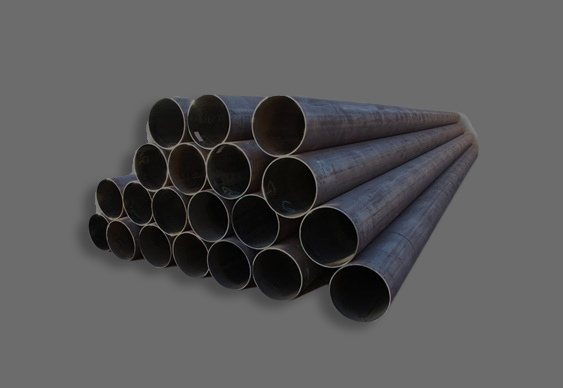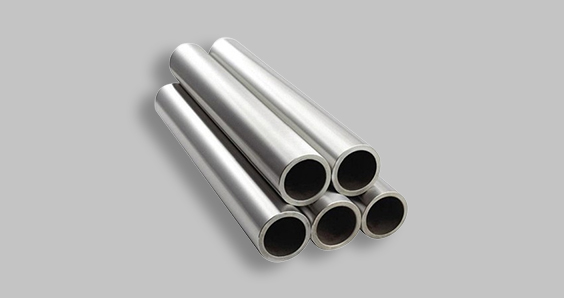
The oil and gas industry is a cornerstone of global energy production. Ensuring the safe and efficient transportation of these valuable resources is paramount. Among the many technologies employed in this sector, LSAW pipes and tubes stand out for their exceptional strength, durability, and versatility. Let's delve into why these pipes are indispensable for modern energy infrastructure.
LSAW is an abbreviation for Longitudinal Submerged Arc Welding and it is a manufacturing process that produces pipes from steel plates. It involves forming the plates into a cylindrical form and then welding them along the length using submerged arc welding. This method results in LSAW pipes that have a uniform thickness, good weld quality, and higher strength than other pipe types.
LSAW pipes are available in a wide range of sizes and specifications to meet the diverse needs of the oil and gas industry. Key technical aspects include
Diameter : LSAW pipes are available in several diameters, usually between 16 and over 100 inches. This size flexibility makes it possible to achieve high flow rates for both small and large oil and gas transportation projects. Due to their capability of handling large volumes in a single pipe, they are suitable to be used in long-distance pipe lines hence increasing efficiency and reducing the number of pipes needed
Wall Thickness : The wall thickness of LSAW pipes is designed in such a manner as to bear the pressures and loads that the pipe will experience. Internal fluid pressure, external pressure from soil or water, and a safety factor are some of the factors that are taken into consideration when determining the thickness of the wall. This kind of design ensures that the pipe has the right strength and does not deform or fail during high-pressure conditions
Steel Grade : LSAW pipes can be made from different steel types with each type having different mechanical properties, corrosion resistance, and working temperature. Depending on the application and the conditions that the steel will be exposed to, the grade of steel is selected. This guarantees that the pipe is not only efficient in performance but also can last long and be strong in conditions such as offshore drilling or sour gas situations
Coatings : In addition to this, to improve their strength and to prevent them from corrosion, LSAW pipes are usually coated with some material. These coatings protect the pipe from corrosion, abrasion, and other factors that can harm the pipe and greatly increase its durability. Coatings can vary from FBE for enhanced corrosion protection to polyurethane for wear resistance, or even CWC for increasing the weight of the coating for stability in offshore structures
Even though LSAW pipes may be more expensive in terms of initial investment than some of the competitors, LSAW pipes prove to be much more cost-effective in the long run. They are long-lasting and require minimal maintenance, thus lowering the operating expenses in the pipeline’s lifetime. Also, the improvement of the transport costs can play an additional role in the reduction of the overall costs

LSAW pipes are essential in the reduction of the effects of the transportation of oil and gas on the environment. As a result of minimizing the chances of spillage and leakage, they are useful in preserving the environment and water sources. Also, the employment of corrosion-resistant materials and coatings adds up to the preservation of the environment
Selecting the appropriate LSAW pipe for a specific oil and gas transportation project requires careful consideration of factors such as: Selecting the appropriate LSAW pipe for a specific oil and gas transportation project requires careful consideration of factors such as
LSAW pipes and tubes are widely used in oil and gas industries for the safe and effective conveyance of resources. Due to their high strength, durability, and flexibility, they are considered an important element of the contemporary power system. Thus, through the proper selection of the LSAW pipe, installation, and maintenance measures, the oil and gas industry can guarantee the stable supply of these resources to the world market
Contact Nufit Flanges at sales@nufitalloys.com to discuss your LSAW pipe requirements for your next oil and gas project.